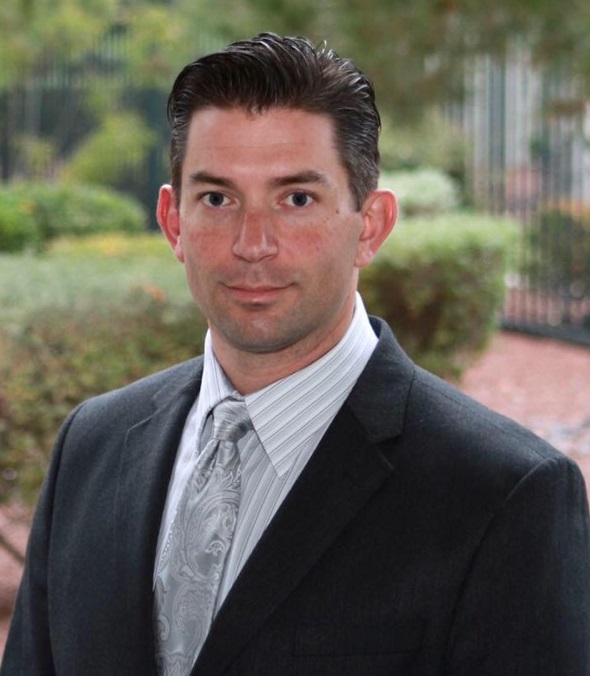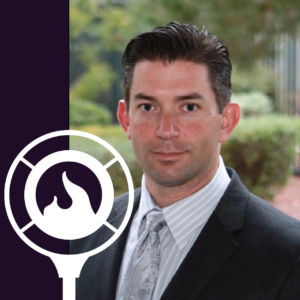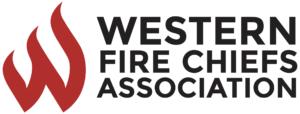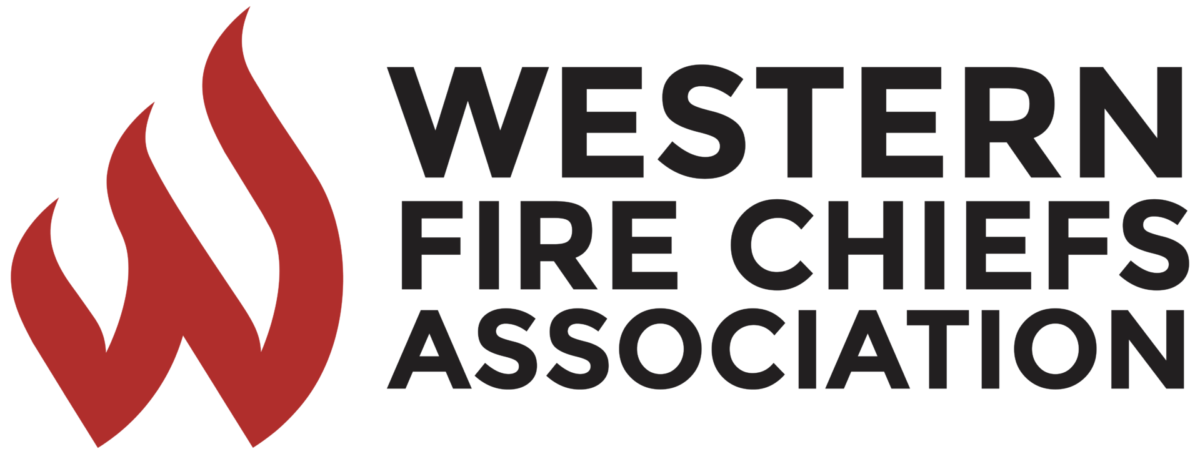E8: A Chief’s Perspective w/ Bob Horton
June 21, 2021

Scheduling time for creativity helps Bob Horton navigate the challenges and opportunities facing chiefs across the nation. The simple practice of “leaving room for thinking” has enabled him to enhance his performance as a leader and bring about innovative problem solving for his district. In today’s episode, you’ll hear CEO and Fire Chief of Jackson County Fire District #3 discuss some of the challenges fire service leaders are tackling, and offer up advice for adapting and excelling.
No time to listen to the whole episode? View our show notes summary below:
E8 Show Notes

CEO/Fire Chief Bob Horton
Rogue Valley, Oregon
https://assumingcommand.com/
Bob Horton is the CEO/Fire Chief for a special district in Southern Oregon, serving a population of 54,000 residents dispersed over 167 square miles the beautiful Rogue Valley. Chief Horton was appointed Fire Chief in 2017 and had previously served as the Assistant Fire Chief for Las Vegas Fire & Rescue where he started as a Firefighter in October of 2000. Bob is a scholar-practitioner conducting applied research at the intersection of behavioral economics, public policy, and community risk management. His focus is on the use of evidence to evaluate program effectiveness and to examine policy-relevant questions.
Excerpts:
Chief Bob Horton’s Journey into the Fire Service
• “Throughout my time in serving the community I sought out just opportunities to influence either change or just service delivery, and that was both for the internal environment, like the workforce how do we make this a better place to work? And the external environment, how do we provide better service to our community? And that’s all I wanted to do.” [1:37]
Assuming Command: Chief Horton’s Podcast and Process
• “It’s like a commitment device to think creatively, but saying we’re gonna have this podcast and we’re gonna – I wish we could do an episode a week, but you know it’s a lot of work behind the scenes to get that done – so we settled on once a month that we would do it , and it definitely makes sure and forces me to have on the schedule, a dynamic conversation with somebody amazing talking about what their work is doing, and so its forcing me to be on that cadence that making sure that I’m thinking.” [4:06]
An Opportunity for Cross-Communication in Public Service
• “We [the fire service] have done a great job in our professional development processes where we are capturing fire service leadership being taught by fire service leaders… however, there are other leaders that are examining the same challenges or exploring a different future than we are and we can make sure that we are learning from their environment as well.” [4:50]
• “[The podcast] definitely gives us a window to create conversation and conversation will lead the connection which leads to collaboration.” [5:48]
• “My colleague and the operations chief, he just kind of looked at me with this stoic look and said ‘tell what kind of problems you’re going to cause me with this podcast?’ And I sat back and I laughed and I said ‘I really don’t imagine that the podcast is going to cause you any problems. If anything I think it is going to spark really good discussion.’” [6:04]
How to Stay Mentally Flexible, Informed, and Perform at your Highest Caliber
• “[Protect] time in your day […] for creative thinking. And for really busy executives, that’s straight putting a meeting on your calendar that is dedicated to creative thinking, and to protect that at all costs. Because if you’re fire chief or leader and you’re in the daily grind, lord knows there is more than enough things to keep you busy 100% of the time and then some… but you’re missing something for your organization, ‘cause your job as a key leader and particularly as the CEO of the fire district, the chief executive, the expectation my board has for me is: you will protect the sustainability of this organization for decades into the future… someone else will be sitting in that seat will reap the experience that we set up. So, I think that’s so important and the main focus for me is forcing time to think critically, and then also at the same time finding opportunities to put myself in rooms and environments with people much smarter than me who are thinking more creatively than me and are going to challenge me to look at stuff differently.” [7:46]
• “[The podcast has helped] replicate that experience that we were getting in conferences. […] Like, we can’t afford to lose two years of productivity in our industry in this day and age, we have to keep our foot on that gas pedal.” [9:36]
Future of the Fire Service and Its Role in Communities
• “When you start to look at challenges our communities have, and it’s different in different areas of the country, and its different in rural areas versus urban environments… but we’re all facing challenges that don’t fit nice or neatly into an organizational chart box. It’s actually a Venn diagram—there’s overlapping challenges all wrapped into one space.” [12:04]
• “We have so much more information available to us today than we did years past, […] but in general, we’re still really dependent on someone who calls in to 9-1-1 describing the situation. From psychology we know that the stress of that situation […] is impacting their ability to recall what it is that’s going on and share that information over so we know that that poses a challenge. We have information about the building that’s not readily available to all of our incident commanders across the country right now. They don’t have information that’s available somewhere – it’s available in the building department records, it’s available in inspections records… so long story short it, we have great opportunity right now to change the incident command environment to a much more informed incident command environment, where we’re relying less on just the ability of an incident commander to utilize experience.” [14:23]
Notable:
“The fire service is good at triaging calls, assessment, and solving these problems, but we don’t always find ourselves as the partner that’s sitting at the table. […] When we really zoom out and look at what we can provide, we have a very efficient process that would help other areas of our community be successful in the services they are trying to provide.” [13:03]

